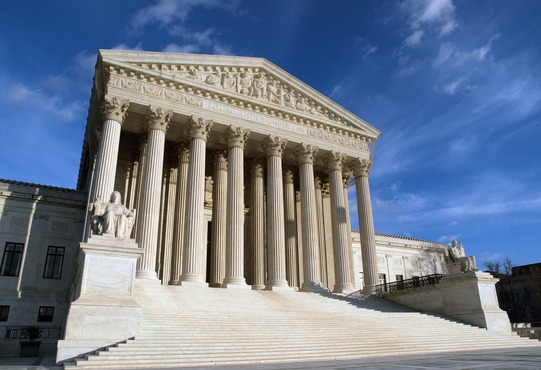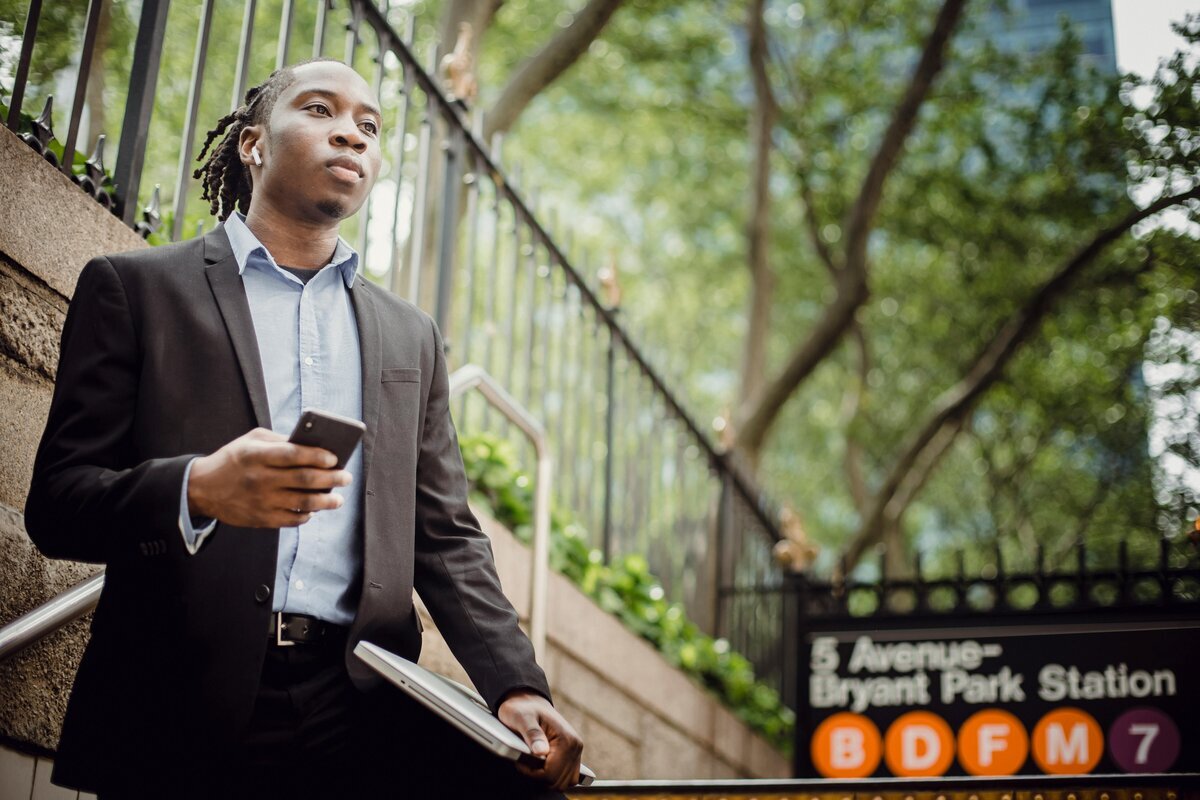Due to the COVID-19 pandemic, the New York State Court system abruptly closed the courts for most in-person operations in March 2020. On April 19, 2021, Chief Judge DiFiore announced that all judges and court employees will return to in-person operations by May 24. Her announcement stated, “it is time to return to our normal and full courthouse staffing levels in order to support the fuller resumption of in-person operations, including jury trials and other proceedings in our courts.” Given this large shift toward the return of normality to the Courts, we thought we would share a quick update for various types of cases that may be of interest to our clients.
Foreclosure & Eviction: The New York State moratoriums on foreclosure cases and evictions for cases are both set to expire on May 1, 2021. On April 28, 2021, the New York Legislature passed a law extending the expiration date to August 31, 2021. Governor Cuomo has yet to sign this legislation, but he is likely to do so. These moratoriums apply only to cases where a COVID-19 hardship declaration forms have been submitted. In order to be covered by the moratoriums, tenants behind on their rent due to a COVID-19 hardship were required to submit a hardship declaration to their landlord in order to avoid eviction. Similarly, homeowners experiencing a COVID-19 hardship were required to submit a hardship declaration to their mortgage servicer in order to avoid foreclosure.
Personal Injury and Civil Matters: The return to somewhat normal operations means that personal injury cases will hopefully start to resolve in a more expeditious manner than during this past year. The return of jury trials is particularly relevant since not knowing what a jury might do is often a personal injury plaintiff’s best leverage in negotiating a settlement.
Debt Collection Lawsuits: As mentioned below, debt collection lawsuits are now being filed and older, pending cases are able to proceed. In fact, we have been contacted by many New Yorkers who have been recently sued for debt. Our office can help you resolve these lawsuits, either through bankruptcy or debt negotiation.
When court employees return to their buildings on May 24, operations will not immediately return to normal. Instead, Chief Judge DiFiore explained that they are coming up with a plan to keep courthouses less crowded and to physically limit the number of people in the buildings. These goals will likely be reached by the continued use of remote technology when appropriate to support and enhance virtual court operations. With regard to virtual proceedings in the Courts, Chief Judge DiFiore reported that 1,440 online bench trials and hearings were commenced last week, and that judges and staff have remotely conferenced over 24,200 matters. In doing so, 6,000 matters were settled or disposed, and 2,350 written decisions were issued on motions and other undecided matters.
Chief Judge DiFiore cited the availability of vaccinations (New York City’s vaccination rate is 29%, as of April 8), the easing of indoor public health restrictions, and the decline in COVID-19 positivity rates and hospitalizations for the reason for sending employees back to in-person work. Furthermore, the COVID-19 vaccine is now widely available to New Yorkers over 16 years of age, the state is easing public health restrictions on indoor gatherings, and the economy is starting to reopen. She did not address the risk from new strains of the COVID-19 virus.
All visitors to courthouses and other facilities in the New York State Unified Court System are required to submit to temperature screening and a COVID-19 risk assessment inquiry before being granted entrance. This includes parties, attorneys, witnesses, jurors, spectators, law enforcement officers, prisoners, vendors, and all other non-court system personnel. Visitors are required to wear a mask, maintain social distancing, and follow the health and safety instructions of court personnel.
The extensive safety measures that we have implemented to protect the health of everyone working in and entering court buildings, including: COVID screening and temperature checks; disciplined use of face masks and PPE; social distancing protocols; installation of acrylic barriers; and strict cleaning and sanitizing, will continue. With normal staffing levels, they will be able to conduct an increased number of in-court proceedings, including jury trials. Of course, a return to full staffing does not mean there will be a return to the densely crowded courthouses of pre-COVID days.
If you have any questions about the court openings and moratoriums, please feel free to contact the Law Offices of David I. Pankin, P.C. at (888) 529-9600. David I. Pankin in a New York bankruptcy attorney that has been helping homeowners throughout New York & Long Island with bankruptcy and mortgage problems for over 24 years.






